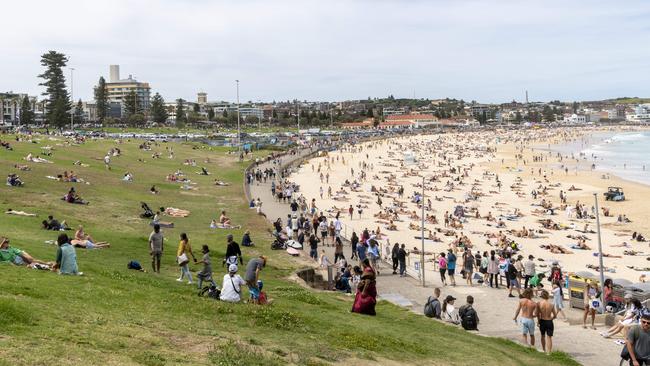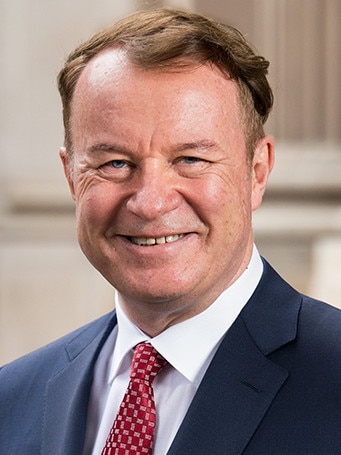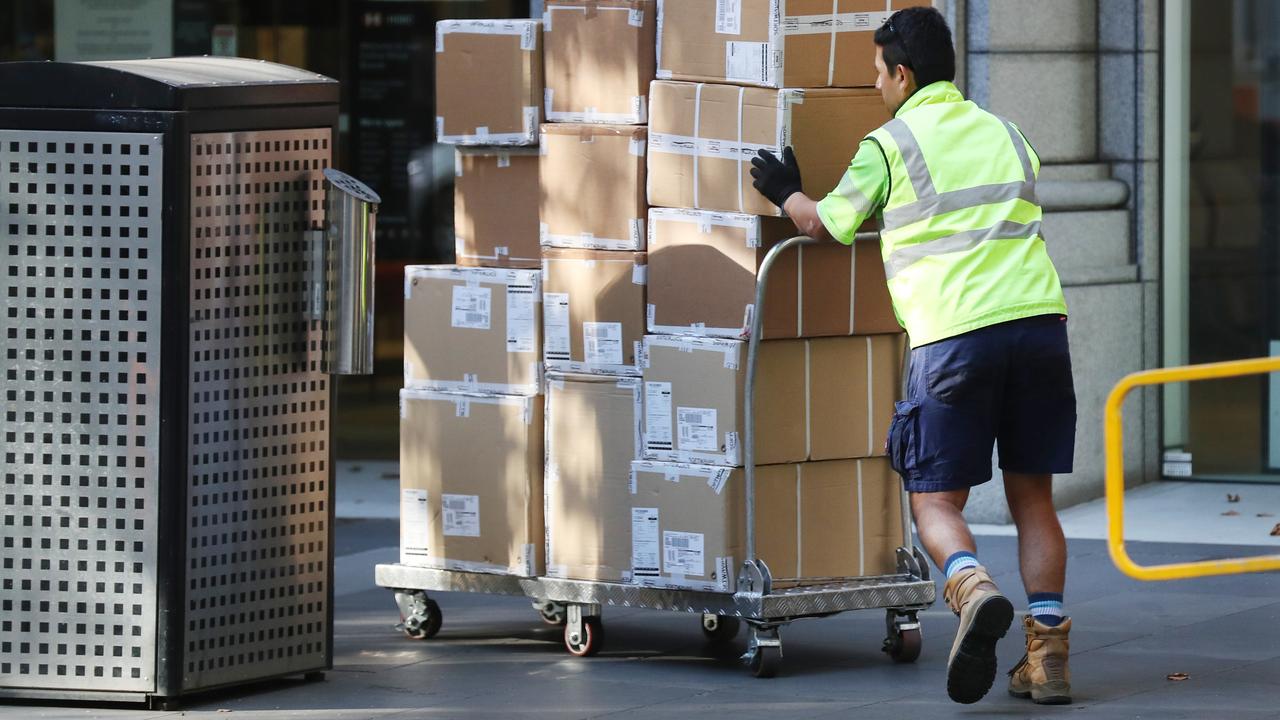Backpackers flood in under Labor migration crackdown
The number of working holiday-makers has surged to a record high under an Albanese government crackdown on temporary migration.

The number of working holiday-makers has surged to a record high during an Albanese government crackdown on temporary migration, sparking accusations that fee-paying Asian students are losing out to “blonde-haired, blue-eyed British backpackers”.
After the number of people on the working holiday-maker visa climbed to more than 200,000 in December, International Education Association of Australia chief executive Phil Honeywood has criticised Labor for prioritising backpackers over full-fee-paying students from “our own region”.
The higher education sector has been hit by a federal clampdown on foreign students in a bid to halve net migration, with Labor enforcing limits on overseas enrolments through a ministerial direction after its push to legislate caps failed.
Amid the push to slash international student numbers – a pledge mirrored by the Coalition, which has vowed to pursue steeper cuts – the number of working holiday-makers in the country surged to 206,187 in December, Home Affairs figures reveal.
The number of British backpackers sat at 46,129, a figure bolstered by recent changes allowing young Britons to stay for three years without a regional work requirement.
Mr Honeywood said international students were being blamed for “all the ills of the world”, while backpackers were being given preference over young Asian students who want to “pay money for an Australian qualification”.

“We are now welcoming unlimited working holiday visa holders,” he said. “These backpackers also require reasonable accommodation. They’re not contributing a single dollar to Australian education providers for any qualification.
“Our nation seems to have the wrong priority in preferencing British young people over any others. UK working holiday visa holders no longer have to work in the regions, and can stay for up to three years, which is the normal period for international students studying in Australia.
“The political community is showing a preference for blonde-haired, blue-eyed British backpackers over young Asians from our own region who actually want to pay money for an Australian qualification.”
Former Immigration Department deputy secretary Abul Rizvi said the government should take some steps to “rein in” working holiday-maker numbers, such as axing the option to apply for a third year by completing regional work. “Some tightening of working holiday-makers should take place,” he said. “It’s surprising the government hasn’t done more.” Dr Rizvi said the number of international students had surged late last year, with 32,389 offshore students being issued a visa to study in Australia in November and December.
“Sooner or later, the huge numbers in November and December will flow through to net migration and then it’ll be a political pile on,” he said.
The government has flagged possible changes to the working holiday visa, after a major review of the migration system proposed that the program could be capped at one year.
A discussion paper on regional migration released last year raised concerns that working holiday-maker visa holders were more prone to exploitation than other temporary migrants, and suggested that there would be other ways to “incentivise” backpackers to go bush.
Farmers, tourist operators and the Coalition have criticised the suggestion, arguing that the requirement for backpackers to work in the regions for three months to extend their stay provided a vital source of workers.



